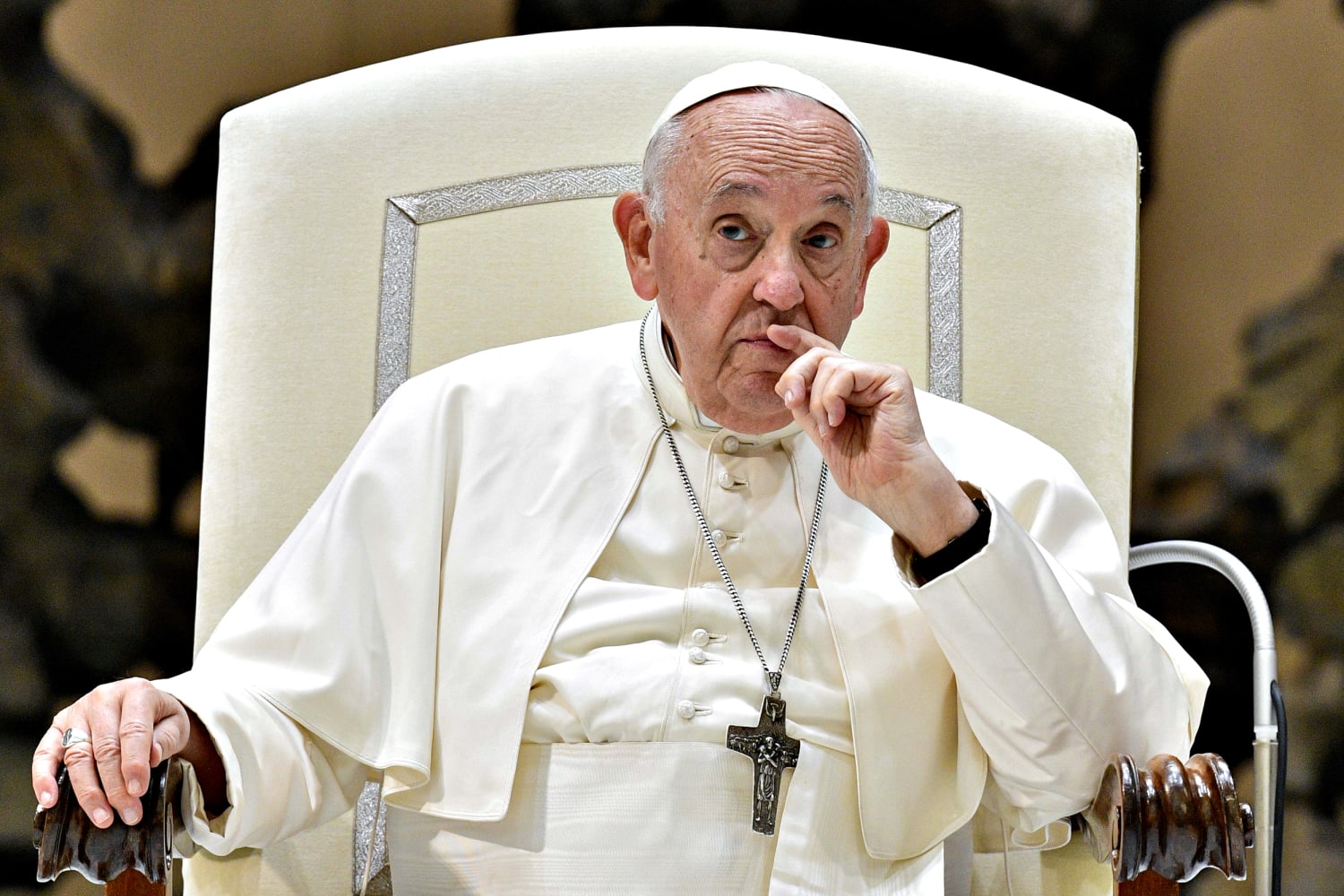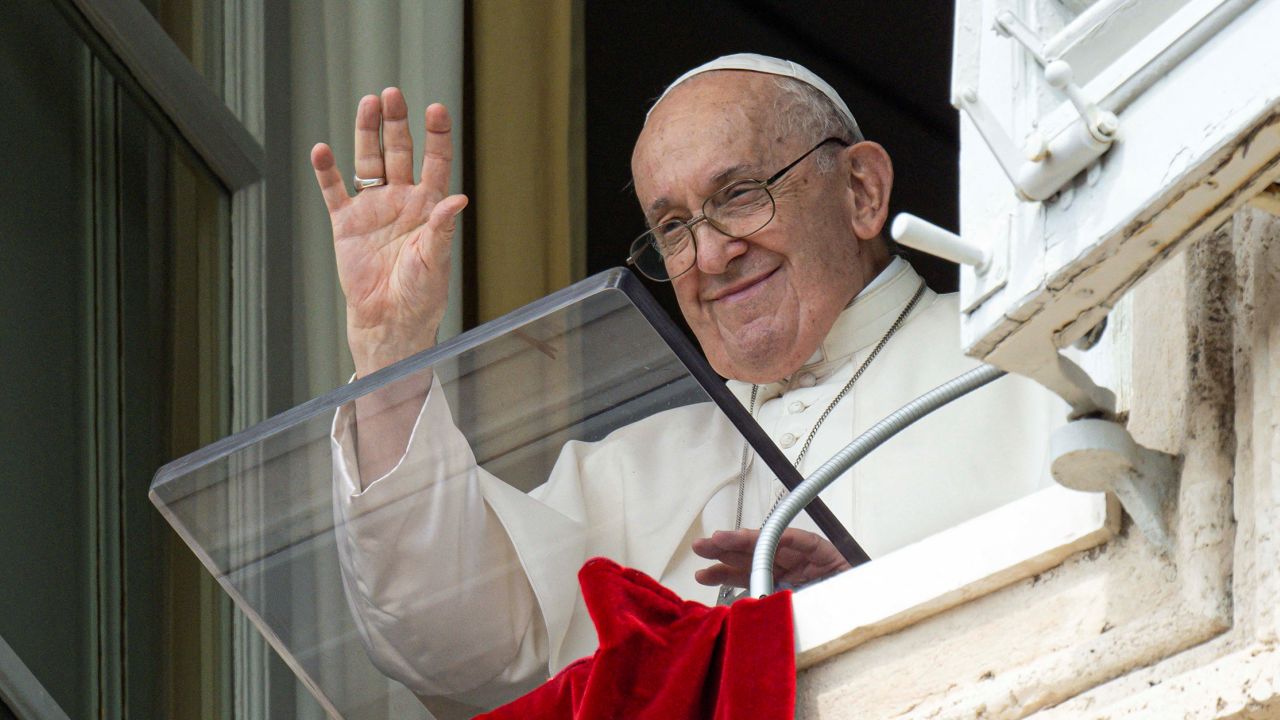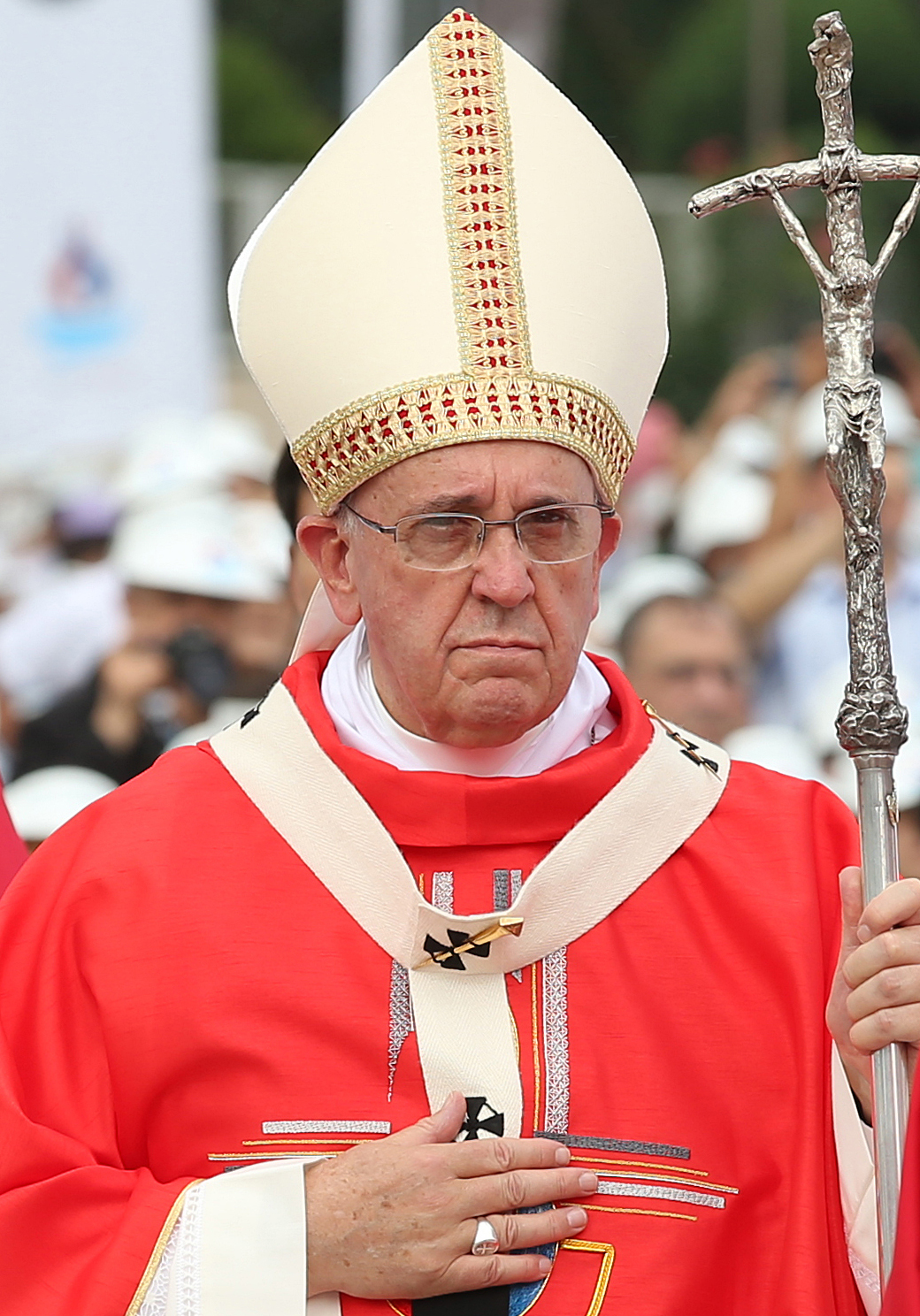Pope’s Empowering Use of Gautam Buddha’s Wisdom to Address Religious Fundamentalism: A Remarkable Example

Pope’s Empowering Use of Gautam Buddha’s Wisdom to Address Religious Fundamentalism
Pope Francis has been known for his efforts to promote interfaith dialogue and peace among various religious communities. His call for religions to live in harmony and reject ideological fundamentalism aligns with his message of tolerance and cooperation among different faiths.
By referring to himself as one of the “humble heirs” of ancient schools of wisdom and quoting the Buddha, Pope Francis likely aimed to emphasize the universality of these teachings. He suggests that the fundamental principles of wisdom and peace can be found in many religious traditions, including Buddhism, and that adherents of different faiths should come together to promote these shared values.
Rejecting ideological fundamentalism, which can lead to violence and conflict, is a message that resonates with many who seek to build bridges between different religious groups and work towards a more peaceful world. Pope Francis’ stance on this issue reflects his commitment to fostering understanding and cooperation among people of all faiths.

Pope Francis’ participation in an inter-religious meeting in the Mongolian capital, where he shared the stage with representatives from various religious traditions, highlights his commitment to promoting dialogue and understanding among different faiths. These types of gatherings are seen as opportunities to foster peace, cooperation, and mutual respect among religious communities.
It’s not uncommon for Pope Francis to face criticism from conservative factions within the Catholic Church for his outreach efforts, including interfaith dialogue. Some conservatives may view such engagements as compromising doctrinal purity or diluting the unique identity of the Catholic Church. However, Pope Francis has consistently emphasized the importance of reaching out to people of all backgrounds and beliefs, seeking common ground and building bridges rather than walls.
Pope Francis’ visit to Mongolia with the primary purpose of meeting the country’s small Catholic community, which consists of only 1,450 members, demonstrates his pastoral commitment to reaching out to Catholics around the world, no matter how small their numbers may be. For the Catholic Church, the Pope is not only the spiritual leader of the global Catholic community but also the Bishop of Rome, and his pastoral role involves caring for all Catholic congregations, regardless of their size or location.
By saying a Mass for the Mongolian Catholic community during his visit, Pope Francis aims to provide spiritual support, guidance, and encouragement to these believers who are a minority in their country.

Such visits are also opportunities for the Pope to strengthen the faith of the local Catholic community and promote unity among its members. Additionally, his presence can inspire and draw attention to the challenges and needs of the Catholic Church in smaller and less-represented regions of the world.
Pope Francis’ visit to Mongolia, a country that borders China and has historical ties to the Soviet Union, carries significant geopolitical and diplomatic implications. His message about the Catholic Church having no political agenda and his praise for religious freedom in Mongolia may be seen as an indirect but important statement, particularly in the context of the Vatican’s complex relationship with the Chinese government.
The Vatican and the People’s Republic of China have had a history of strained relations, primarily centered around the appointment of bishops and the status of the Catholic Church in China. The Chinese government has maintained a policy of controlling religious activities and institutions, including the Catholic Church, through state-sanctioned organizations. The Vatican, on the other hand, has sought to maintain its authority over the appointment of bishops in China, leading to tensions.

Pope Francis emphasized that religions have a unique role in offering the world harmony, a quality that technological progress alone cannot provide. He made these remarks following speeches by leaders representing a diverse array of faiths, including Mongolian Buddhists, Muslims, Evangelicals, Jews, Orthodox Christians, Mormons, Hindus, Shintos, Bahais, and Shamans.
In his address, the Pope referred to the gathered religious leaders as “humble heirs of ancient schools of wisdom” and emphasized their shared responsibility to share the invaluable spiritual treasures they possess. He highlighted the importance of this collective effort to enrich humanity, which often strays from its path due to an excessive focus on profit and material comfort.
During his address, Pope Francis quoted a teaching from the Buddha that emphasizes the joy of giving, paralleling it with a saying of Jesus, “It is more blessed to give than to receive.” This comparison reflects his efforts to find common ground and shared values among different faith traditions.

However, it’s worth noting that Pope Francis has faced criticism from conservative Catholics, like Bishop Athanasius Schneider of Kazakhstan, for attending inter-religious gatherings, whom they sometimes refer to as “a supermarket of religions.” These critics argue that such events may be seen as diluting the unique status of the Catholic Church or compromising its doctrinal purity.
These differences of opinion within the Catholic community highlight the ongoing debate over the Church’s approach to interfaith dialogue and engagement with other religions. Pope Francis has consistently advocated for a more open and inclusive stance towards other faiths, emphasizing dialogue and cooperation, while some within the Church have expressed reservations about these efforts.
This reflects the diversity of perspectives within the Catholic Church on how best to engage with the broader world of religions and spirituality.
Pope Francis reaffirmed his commitment to “ecumenical, inter-religious and cultural dialogue” during his remarks on Sunday. He emphasized that dialogue should not be about ignoring or downplaying differences but rather about actively seeking understanding and mutual enrichment among diverse faiths and cultures.

Furthermore, the Pope strongly condemned the detrimental effects of “narrowness, unilateral imposition, fundamentalism, and ideological constraint.” He argued that such attitudes and behaviors have the power to erode fraternity among people, exacerbate tensions, and undermine the prospects for peace.
Pope Francis firmly stated, “There can be no mixing, then, of religious beliefs and violence, of holiness and oppression, of religious traditions and sectarianism.” This statement underscores his commitment to the principle that religion should not be used to justify violence or oppression and that it should promote peace, compassion, and inclusivity.
During the inter-religious gathering, several leaders, including the Jewish representative Yair Jacob Porat and the shaman, offered special blessings from their respective religious traditions to the Pope, wishing him good health and a long life.

It’s notable that Mongolia has only a small Jewish community, primarily serving tourists and business travelers, highlighting the diversity of religious practices and the importance of interfaith dialogue even in regions with small or less-established religious communities.




